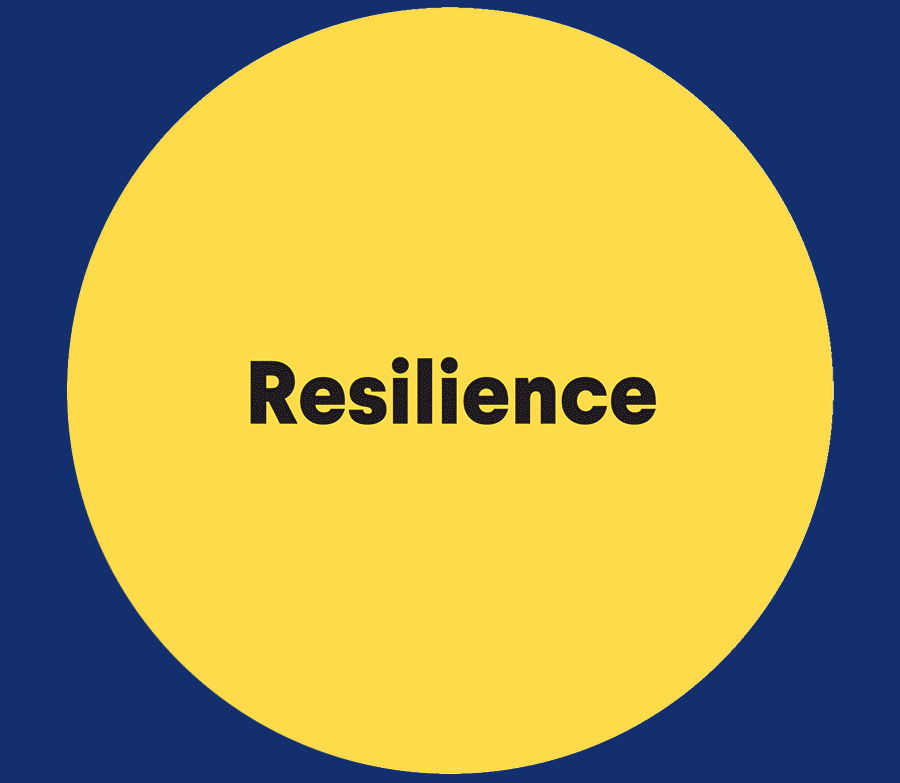The CPR of resilience and mental health
Our survey of more than 3,500 schools and 900,000+ young people aged 8-18 across every state and territory in Australia, has led to the discovery that young people thrive when they feel Connected Protected Respected ™ (CPR).
Resilience is complex and hard to measure. Using the insight that only our large-scale dataset can provide, RYA has modelled and trademarked the innovative, multi-dimensional CPR model.
CPR captures the essential ingredients of a resilient life for young people in an easy-to-understand format. It encompasses the following key aspects:
a. (C) = Connected: to be connected with oneself and others, through positive relationships, one’s social skills and through understanding oneself.
b. (P) = Protected: to be to be protected means to hold oneself and one another in care, with regard to safety, mental and physical health, and learning.
c. (R) = Respected: to respect oneself and others, as a matter of self-regard, positive values, and positive contribution to the wider community.
The data is clear that good schools cultivate a resilient culture as well as academic success. Thanks to the Resilience Survey, we now know what a resilient school culture looks like: it is one where people feel “Connected Protected Respected” ™.
The best schools achieve CPR by creating an intensely interactive community that applauds success, forgives mistakes, and helps people, students, and staff alike, realise their potential. They support positive interactions and help people reduce abusive or destructive acts. They actively reduce loneliness and isolation. When people make mistakes, they are not rejected or treated harshly, but are helped to become a contributing member of their group.
One clear indicator of CPR success is the level of trust created with others. The practical effect of this is observable in the quality of the interactions and conversations that result: between teacher and student, teacher and parent, student, and student. These quality, positive interactions are the lifeblood of a school culture where everyone feels “Connected Protected Respected” ™
If you would like to learn more about how you can benefit from “Connected Protected Respected” ™ at your school,
please email us at: helpdesk@resilientyouth.org
Also, don’t forget to sign up to our newsletter to receive regular updates about the CPR approach and solutions.
Dr. Andrew Wicking, Director of Resilient Youth Australia and Adjunct Research Associate at the University of South Australia.


